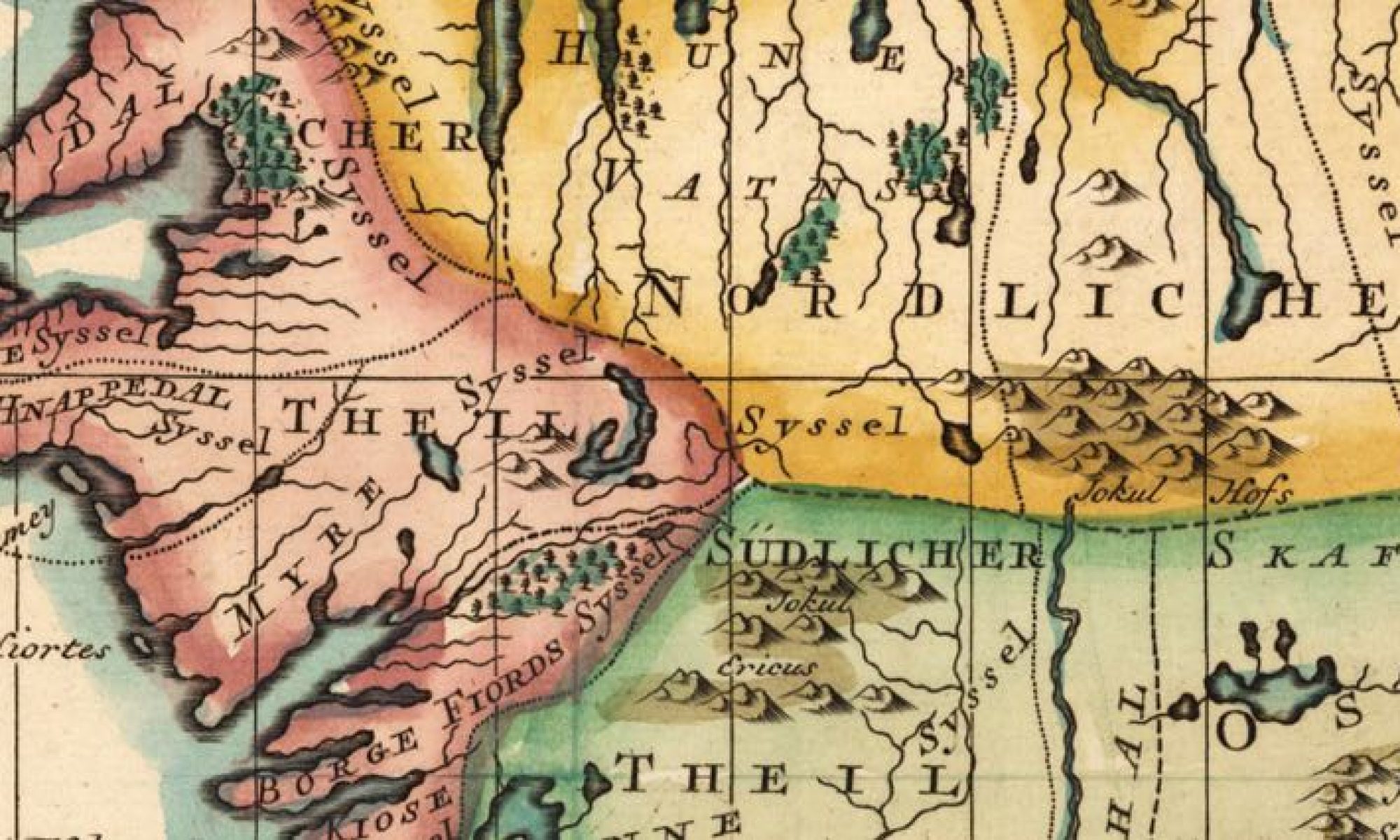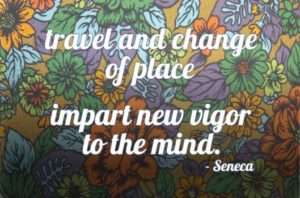Over the course of our three weeks in Iceland, we had countless discussions about what makes good writing as we sat in untraditional “classrooms” covered in moss and rock. One of the topics that we touched on frequently is that effective creative writing includes some sort of transformation. In order to engage a reader, there must be a change or sign of growth, whether it be major or minor. This idea resonated with me. I found myself thinking about it while we were climbing mountains, riding horses, and hiking glaciers. While I was out there pondering how to show transformation in my poems, I was too busy to notice the transformation that was occurring in myself.
Before we embarked on this study abroad trip, I didn’t consider myself a writer. Sure, I had taken English classes for years and had written hundreds of papers, but I never sat down to write just because it was something I wanted to do. I had taken one creative writing class at Geneseo my freshman year, but I felt out of place among students who were on track to write novels and were much more eloquent than I was. My deep-seated fear of criticism and failure made me reluctant to share my work with others. When I applied for this trip, I ignored my insecurities about creative writing because Iceland was at the top of my must-see list. However, my doubts about my writing capabilities crept to the front of my mind in the days leading up to our departure. What if I wasn’t good enough? What if I couldn’t think of anything to write about? What if everyone was super smart and judged me for what I wrote? My anxiety resulted in my procrastination of the first blog post, and before I knew it, I was sitting in the terminal at JFK trying to write something coherent so I wouldn’t bomb my first impression on these new people. As I read the other posts, I couldn’t help but think that I made a big mistake by signing up for this program. These people knew how to write. I didn’t belong here. I wasn’t a real writer.
I can’t pinpoint a single moment when the change happened. Looking back, there were little moments that added up to a major shift in the way I feel about myself as a writer. There was the first day when we sat in a circle on the black sand, and I prayed that Lytton would not call on me first to share my sentence. But of course he did, and my heart leapt around in my chest as I read it out loud to a group of strangers. To my amazement, the others seemed to actually enjoy what I had written! There was the time I surprised myself and volunteered to share my paragraph in a writing exercise on the boulder beach. There was the night I sat on my bed in Reykjavik and typed for hours just to produce an eleven line poem that I immediately emailed to my mom because I couldn’t wait for her to read it. There were the days writing in cafes, sipping coffee, and feeling like a local because I had a purpose in this foreign city. There was the time when I grabbed my notebook from my nightstand to write down a line that had come to me as I tried to fall asleep. There were the hours when I recited my poems over and over in my head to distract myself from my aching, blistered feet on long hikes. There were the workshops when I didn’t feel a sliver of anxiety about my new friends discussing my poems because I truly wanted their criticism to help me improve my writing. And there was the time on the plane ride home when somone asked me if I had a pen they could borrow, to which I replied, “Of course I have a pen. I’m a writer!”



